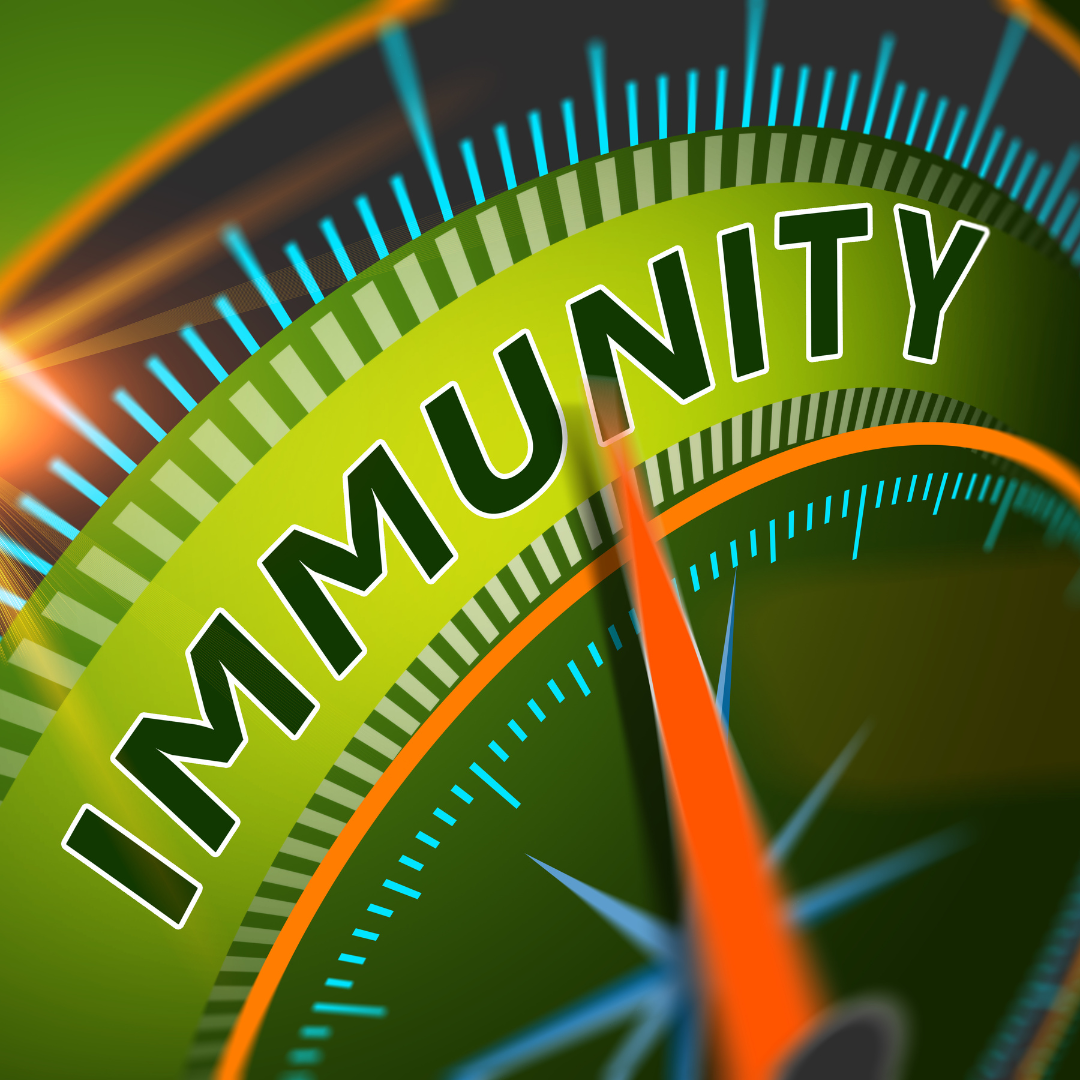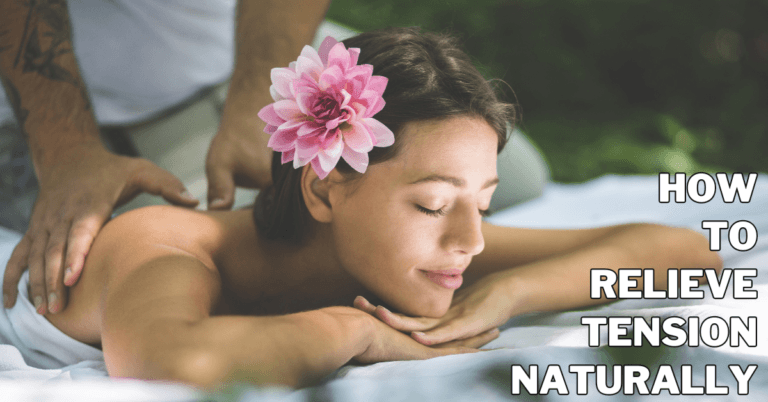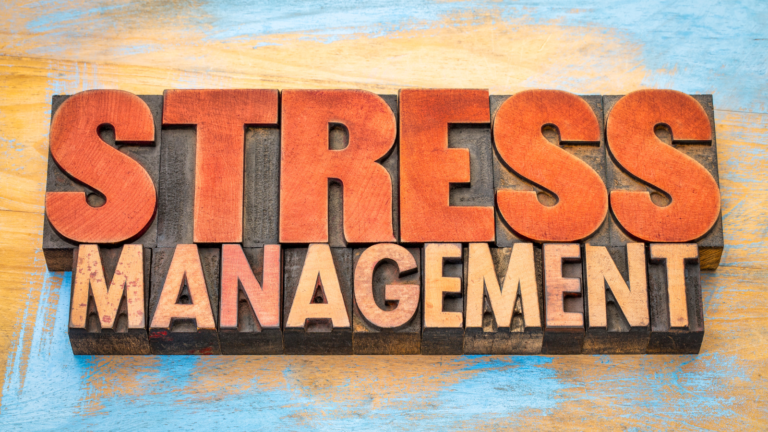Best Stress Relief Activities
Best Stress Relief Activities
You may have heard that stress-relieving techniques like meditation and exercise can help, but there are many other lovely things that adults typically reserve for kids that can help you feel happier, be more present, and calm down.
We may feel overburdened, nervous, and emotionally exhausted due to the demands of the job, personal obligations, and the constant barrage of information.
Determining efficient methods to control and reduce stress is, therefore, essential. A balanced and peaceful life cannot be achieved in a one-size-fits-all manner, but taking part in stress-relieving activities is a crucial step in that direction.
This article will explore various stress relief activities that have shown promising results in promoting relaxation, enhancing well-being, and restoring inner calm.
From physical exercises that release tension to mindfulness practices that cultivate mental clarity, we will explore various activities to help you find respite from the daily grind.
So, whether you're seeking solace from work pressures, looking to unwind after a hectic day, or simply aiming to improve your overall mental health, read on to discover the best stress relief activities that can bring you closer to serenity.

The Importance Of Stress-Relieving Activities
Though many of us are also familiar with anxiety, stress is a little different from that. Usually, once the stressor has passed, your physical symptoms of stress will go away on their own.
Contrarily, anxiety, your body's natural response to stress, might not go away as quickly. So relieving stress is important in our daily lives. Here are some benefits of stress relief:
1. Improves Physical Health
Prolonged exposure to stress has been linked to several physical diseases, including high blood pressure, a weaker immune system, cardiac issues, and digestive disorders.
Exercise and yoga are two activities that can help you decompress and relieve tension. These activities also encourage the release of endorphins, which improves your mood and overall health.

2. Promotes Mental Wellness
Stress can hurt our mental well-being, resulting in feelings of anxiety, depression, irritability, and cognitive difficulties.
Stress-relieving activities can be included in our everyday routine to lessen these adverse consequences.
Relaxation, concentration improvement, and mental clarity can all be achieved through meditation, deep breathing exercises, or engrossing hobbies.
3. Strengthens Emotional Resilience
Prolonged stress can throw off our emotional equilibrium, leaving us more prone to mood swings, impatience, and emotional tiredness.
Participating in stress-relief activities aids in emotion regulation by releasing pent-up feelings and encouraging emotional stability and tranquillity.

4. Increases Productivity And Performance
High stress levels can hinder our ability to focus, be creative, and solve problems, affecting our productivity and performance in various spheres of life.
Adding stress-relieving hobbies can replenish our mental and physical energies, enabling us to approach jobs with fresh concentration, efficiency, and creativity.
5. Fosters General Well-Being
Stress can hurt our quality of life, making it more difficult to enjoy the little things and keep positive connections.
By prioritizing stress-relieving activities, we may prioritize our well-being and provide the groundwork for a happier, more fulfilled existence.
Our total level of life satisfaction can be increased by participating in activities that make us comfortable, relaxed, and have a feeling of purpose.

6. Supports Healthy Relationships
Excessive stress can sour relationships with friends, family, and coworkers because it can cause irritation, emotional distance, and poor communication.
We can better regulate our stress levels by partaking in stress-relieving activities, which will lessen the detrimental effects on our relationships.
We can approach encounters with more empathy, compassion, and tolerance when we are calmer and more in control.
7. Improves Sleep Quality
Stress can interfere with our sleep cycles, resulting in insomnia or insufficient sleep. This might lead to a vicious cycle where stress levels increase further.
Better sleep can be encouraged by engaging in stress-relieving activities like learning relaxation techniques or creating a nighttime ritual.
A good night's sleep refreshes the body and the mind, enabling us to wake up feeling rejuvenated and more prepared to face the day's difficulties.

8. Strengthens Immunity
Prolonged stress depletes our bodies' natural defences against disease and infection. By lowering the amounts of stress hormones in our bodies and enhancing the immune response, engaging in stress-relieving activities can help reduce this risk.
We can more effectively fend off viruses and keep up with health with a stronger immune system.
9. Increases Self-Awareness
Activities for reducing stress frequently entail reflection and introspection. We can learn more about ourselves, triggers, and coping methods by practicing writing, mindfulness, or counselling.
Enhanced self-awareness allows us to make more informed decisions, establish better boundaries, and create long-term stress management plans.

10. Strengthens Resilience And Adaptability
Regular participation in stress-relieving activities contributes to developing resilience and adaptability, enabling us to deal with life's problems better.
We can better prepare ourselves to handle stressful situations constructively by learning efficient coping strategies and stress management techniques.
Due to our resilience, we can recover from setbacks more quickly and maintain a positive attitude in the face of difficulty.
Overall, prioritizing stress-relieving activities is crucial for our overall health. Our physical health, mental health, and emotional stability can all be enhanced by lowering our stress levels.

Best Stress Relief Activities
Naturally, there isn't a quick treatment for stress. If a persistent issue keeps you from leading a happy life, speaking with a professional might be the best way to ease some of the burdens and enhance your well-being.
However, if you're feeling stressed out, several activities have the support of experts that you might try.
You can assemble a set of coping mechanisms that work for you when life gets too much by drawing on studies on psychology methods like cognitive behavioural therapy, mindfulness, and meditation.
Following are some of the best ways to reduce stress and anxiety in the short term that two professional therapists recommend. Here is a list of some best Stress Relief Activities:

1. Exercise And Physical Activity
Regular and physical activity are extremely effective ways to reduce stress and enhance general well-being.
During exercise, your body releases endorphins, which are organic substances that improve mood and reduce pain.
These endorphins produce a feeling of exhilaration and well-being to offset the damaging effects of stress hormones in the body.
Whether you go for a run, do yoga, dance, or play a sport, the act of exercising aids in the release of tension and stress, which encourages a state of relaxation.
Exercise also helps you divert your attention from daily cares and problems to find mental clarity. It also allows you to connect with people and interact socially, improving your mood and lowering your stress levels.
You may reap the many physical and psychological advantages of regular exercise, which will ultimately help you manage your stress and live a better, happier lifestyle.

2. Mindfulness And Meditation
Mindfulness and meditation reduce stress and enhance general well-being. Mindfulness entails consciously focusing on the present moment to develop a non-judgmental awareness of your thoughts, feelings, and sensations.
People frequently use meditation techniques, including deep breathing exercises, guided imagery, or body scans, to promote a state of attention and relaxation.
Meditation can assist in quieting the mind and stop the rushing thoughts that frequently cause tension and anxiety by focusing on the breath or certain physical sensations.
It fosters a sense of detachment and inner calm by allowing you to examine your thoughts and emotions without being emotionally involved.
The brain can be rewired by regular mindfulness and meditation practice, which also reduces stress reactivity and improves emotional control and resilience.
It enhances self-awareness, assisting you in better identifying and coping with stress triggers. Mindfulness and meditation become useful skills for achieving peace and balance amidst life's difficulties.

3. Creative Outlets
Self-expression and stress relief can be achieved through artistic endeavours. You may express your creativity and manage your emotions productively through hobbies like crafting, writing, playing an instrument, and other creative pursuits.
You can achieve a state of flow and focus by immersing yourself in a creative activity, which helps you turn your attention away from the stresses and obligations of the day.
A reprieve from ruminating and worrying can be found in this state of intense focus, which can also be peaceful and soothing.
As you watch your ideas come to life or realize a physical manifestation of your creativity, you can feel a sense of success and fulfillment. Self-expression and letting go of feelings that could be challenging to verbalize are possible.
The act of creation can be therapeutic and provide you with a sense of fulfillment, whether practicing a new artistic technique, writing in a diary, playing music, or engaging in any other creative activity.
You can do it to feed your soul, encourage self-discovery, and find comfort in bringing something new into the world.

4. Nature Walks And Outdoor Activities
Outdoor pursuits and nature hikes provide an excellent opportunity to unwind and de-stress. Immersing ourselves in nature may have a calming impact on the body and mind, whether walking through a local park, trekking along gorgeous trails, or relaxing by a tranquil lake.
The peace and relaxation from being in nature are evoked by its sights, sounds, and smells. A tranquil setting that aids in refocusing our attention away from stressors and problems can be produced by the soft rustling of leaves, the chirping of birds, and the fresh air. Being in nature also provides a break from the hustle and bustle.
A viewpoint wider than our stressors can be fostered by the surroundings' stunning natural beauty, which can awe and make one feel connected to the globe.
In addition, physically demanding outdoor pursuits like riding, gardening, or hiking help reduce stress.
Endorphin release is also encouraged by these pursuits. Regular nature walks or outdoor activities help us to re-establish our connection to the natural world, refuel, and find a sense of calm and serenity amidst the bustle of daily life.

5. Social Support
Social support reduces stress and promotes general well-being. Creating and sustaining strong social ties gives us a network of support that can help us get through difficult times.
A sense of belonging and comfort can be found in spending time with loved ones, whether family, friends, or supportive community members.
Emotional expression and affirmation are made possible by expressing our thoughts and feelings with trustworthy people during meaningful interactions.
Stress can be reduced, and a sense of relaxation can be experienced simply by having someone who listens and empathizes.
Perspective-taking and problem-solving opportunities are also provided via social support. Others might give novel perspectives or helpful suggestions to improve our handling of challenges.
Leaning on our social networks during stressful times can make us more resilient. Leaning on our social networks during stressful times encourages the release of oxytocin, a hormone linked to feelings of trust and bonding, and helps to buffer the effects of stress hormones.
Participating in social activities, such as group outings, game evenings, or even online get-togethers, builds a sense of camaraderie and encourages laughter, which has its stress-relieving advantages.
Although it takes constant work and deliberate effort to develop and maintain social connections, the benefits in terms of stress reduction are enormous.
The ability to navigate difficult situations more easily and promote mental well-being is made possible by having a strong support network that offers stability, comfort, and understanding.

6. Relaxation Techniques
Relaxation techniques are excellent tools for controlling and reducing stress. Diaphragmatic or box breathing exercises require exhaling fully after each slow, deep breath.
The pulse rate will slow, and you'll feel more at ease due to the activated relaxation response.
Progressive muscle relaxation helps to reduce physical stress and encourages relaxation by gradually tensing and then relaxing various muscle groups in the body.
Warm baths or other self-care practices like aromatherapy or listening to peaceful music can also promote calmness and assist in lowering stress levels.
The incorporation of these relaxation techniques into everyday routines is simple.
These relaxation methods are simple to implement into everyday routines, whether spending a few minutes in the morning or evening practicing deep breathing, scheduling a warm bath before bed, or using progressive muscle relaxation during breaks.
By consistently practicing relaxation practices, individuals can create a greater sense of peace, lessen physical and mental strain, and enhance overall well-being.
These methods provide brief breaks from the rigours of daily life, enabling people to recharge, achieve inner peace, and more effectively manage stressors.

7. Time Management And Prioritization
Prioritization and time management are crucial for reducing stress and increasing productivity. By efficiently managing your time, you can take charge of your calendar and tasks and lessen the sensation of pressure and overwhelm that frequently comes with leading a busy lifestyle.
Activities can be structured and given a clear path forward by organizing and preparing ahead.
Setting reasonable expectations and breaking down activities into smaller, more manageable steps will help you approach them methodically and avoid feeling overwhelmed.
Setting work priorities based on priority and completion dates ensures time and energy are used effectively.
This method lowers the likelihood of procrastination and last-minute scrambles by enabling you to concentrate on high-priority chores and finish them promptly.
Effective time management, which helps set aside time for recreation, self-care, and other activities and reduces the risk of burnout, also makes achieving a better work-life balance possible.
You can boost productivity, complete activities more quickly, and feel more in control and satisfied by keeping a well-organized schedule and being proactive with time management.
This lowers stress levels and encourages a better, more balanced way of living.

8. Journaling And Expressive Writing
Expressive writing and journaling are effective methods for decompressing and expressing oneself. You can create a secure and private setting for introspection and emotional processing by writing down your thoughts, feelings, and experiences in a diary.
Expressive writing enables you to delve into your inner world and give voice to ideas and feelings that might be challenging to express verbally. It allows you to delve deeper into your experiences, develop new perspectives, and make sense of trying circumstances.
Writing can be therapeutic, allowing for the release of trapped emotions and a corresponding decrease in intensity. You can speak freely and openly without worrying about being judged.
Writing in a journal can be a self-care since it gives you a set time and place for thought and reflection.
You may experience a sense of clarity and perspective as a result, which will aid in your understanding of your ideas, emotions, and responses to stressors. Journaling can also be a flexible and creative practice.
You can choose to write in the style of stories, poetry, or just a simple list of thoughts. The secret is to write without bias and to let your ideas flow onto the paper.
You can find comfort, emotional release, and personal growth by writing creatively and expressively. This will lower stress levels and improve your overall well-being.

Conclusion
In conclusion, stress-relieving activities are crucial for preserving our well-being in today's fast-paced and demanding world.
Learning how to manage stress is crucial because it can hurt our physical and mental health if it persists.
Fortunately, many practical methods and exercises can reduce stress and encourage serenity and equilibrium.
Our general well-being can be greatly improved by including these stress-relieving activities in our everyday schedules. It's vital to remember that stress is normal, but how we handle and cope with it matters most.
We can support our mental and physical health, improve our quality of life, and reduce stress by prioritizing self-care and scheduling time for leisure and stress-relieving activities.
We can nurture our mental and physical health, improve our resilience, and lead happier, more balanced lives by prioritizing self-care and engaging in activities that promote relaxation and stress reduction.
So, let's embrace these stress-relieving activities and equip ourselves to face life's problems with poise and tranquillity.
I trust you enjoyed this article about the Best Stress Relief Activities. Please stay tuned for more blog posts to come shortly.
JeannetteZ
>>>Please click here to read my all-inclusive article about Lessons That Will Teach You All About Stress<<<
>>>Are you interested in Natural Healing And Stress Relief through Herbs? Please click here for my #1 Recommendation<<<
Your Opinion Is Important To Me
Thoughts? Ideas? Questions? I would love to hear from you. Please leave me your questions, experience, and remarks about the Best Stress Relief Activities in the comments section below. You can also reach me by email at Jeannette@Close-To-Nature.org.
Disclosure
This post may contain affiliate links. I earn from qualifying purchases as an Amazon Associate and other affiliate programs. Please read my full affiliate disclosure.
You might also enjoy these blog posts:
Best Tips To Stop Worrying About Health
Learning A Language And Stress Management
9 Best Stress Relief Techniques








